Black seed is immensely powerful. The herb is known for its various health benefits and helps strengthen the immune system. It is said to kill MRSA, heals chemical poisoned body, stimulates regeneration of the dying beta cells within the diabetic’s pancreas, etc. Black seed is also used for treating digestive tract conditions including gas, colic, diarrhea, dysentery, constipation, and hemorrhoids. It is also used for respiratory conditions including asthma, allergies, cough, bronchitis, emphysema, flu, swine flu, and congestion. Other uses include lowering blood pressure, lowering cholesterol levels, treating cancer, and boosting the immune system. Women use black seed for birth control, to start menstruation, and to increase milk flow.
Black seed is sometimes used in combination with cysteine, vitamin E, and saffron to ease the side effects of a chemotherapy drug called cisplatin. Some people apply black seed directly to the skin for joint pain (rheumatism), headache, and certain skin conditions. In foods, black seed is used as a flavoring or spice.
Researches have shown the following benefits:
Type 2 Diabetes: Two grams of black seed a day resulted in reduced fasting glucose, decreased insulin resistance, increased beta-cell function, and reduced glycosylated hemoglobin (HbA1c) in human subjects.
Helicobacter Pylori Infection: Black seeds possess clinically useful anti-H. pylori activity, comparable to triple eradication therapy.
Epilepsy: Black seeds were traditionally known to have anticonvulsive properties. A 2007 study with epileptic children, whose condition was refractory to conventional drug treatment, found that a water extract significantly reduced seizure activity.
High Blood pressure: The daily use of 100 and 200 mg of black seed extract, twice daily, for 2 months, was found to have a blood pressure-lowering effect in patients with mild hypertension.
Asthma: Thymoquinone, one of the main active constituents within Nigella sativa, is superior to the drug fluticasone in an animal model of asthma. Another study, this time in human subjects, found that boiled water extracts of black seed have relatively potent antiasthmatic effect on asthmatic airways.
Acute tonsillopharyngitis: characterized by tonsil or pharyngeal inflammation (i.e. sore throat), mostly viral in origin, black seed capsules (in combination with Phyllanthus niruri) have been found to significantly alleviate throat pain, and reduce the need for pain-killers, in human subjects.
Chemical Injury: A randomized, placebo-controlled human study of chemical injured patients found that boiled water extracts of black seed reduced respiratory symptoms, chest wheezing, and pulmonary function test values, as well as reduced the need for drug treatment.
Colon Cancer: Cell studies have found that black seed extract compares favorably to the chemoagent 5-fluoruracil in the suppression of colon cancer growth, but with a far higher safety profile. Animal research has found that black seed oil has significant inhibitory effects against colon cancer in rats, without observable side effects.
MRSA: Black seed has anti-bacterial activity against clinical isolates of methicillin resistant Staphylococcus aureus.
Opiate Addiction/Withdrawal: A study on 35 opiate addicts found black seed as an effective therapy in long-term treatment of opioid dependence.

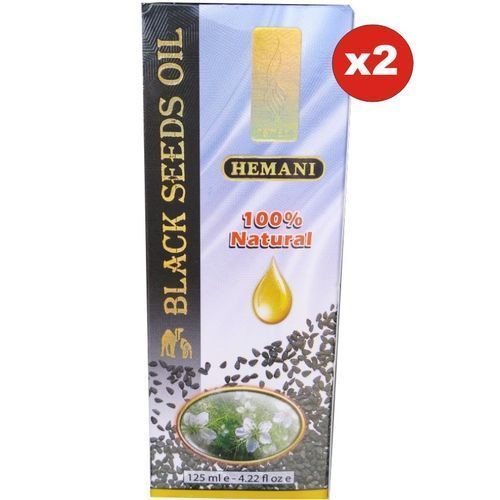
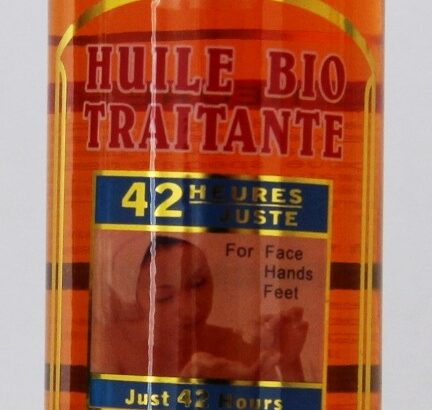



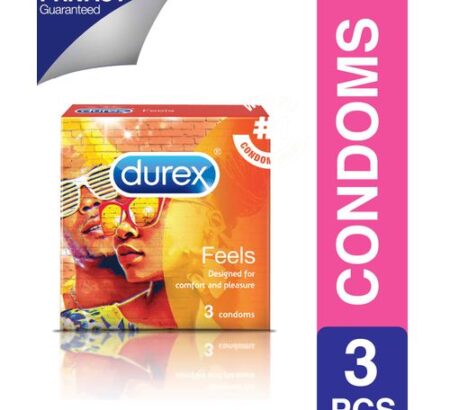

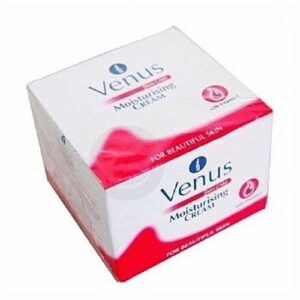
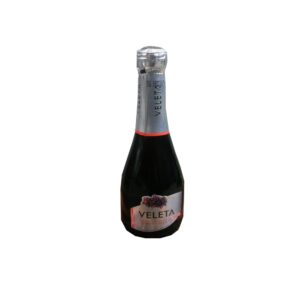


Reviews
There are no reviews yet.